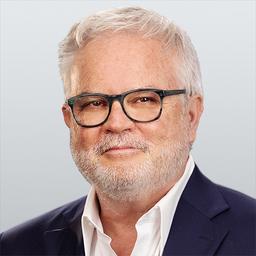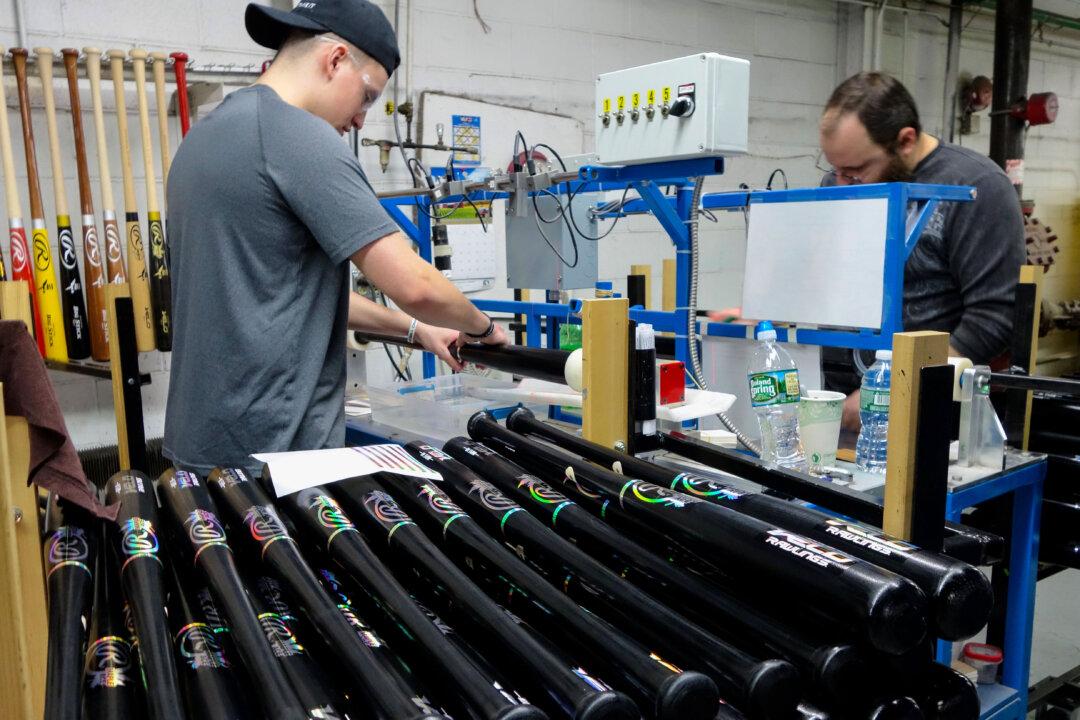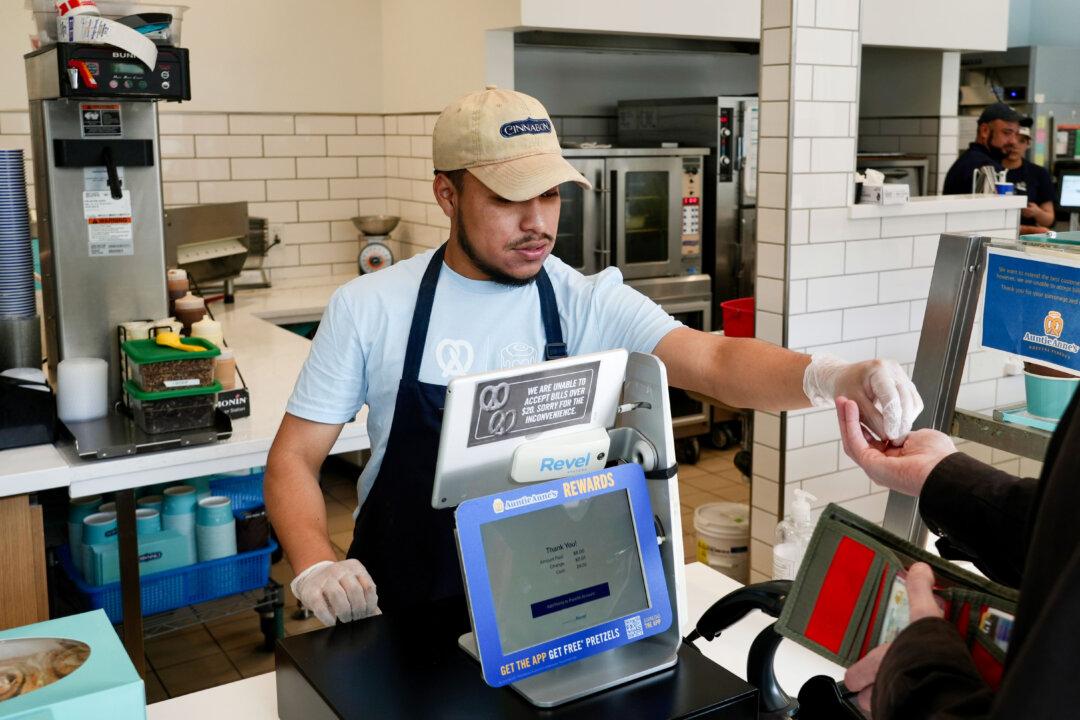Just a 15-minute drive west of Detroit on I-94 is a city home to the largest Arab population in the U.S. per capita (54.5 percent of 110,000), Dearborn, Michigan.
Now a hub of the nearly 400,000 Arab-Americans throughout Michigan, Dearborn moved into the national spotlight this week with a vocal and sometimes angry “Free-Palestine” rally at the city’s Ford Community and Performing Arts Center before a packed house of 1,200. The night before, an estimated 2,500 Jewish residents jammed a synagogue in nearby Southfield to show their support for Israel.
For decades, the Detroit area Arab-American Muslim and Jewish communities have lived peacefully among nearby cities, like Southfield, home to the state’s largest Jewish population. But after news of war following attacks by Hamas in Israel and retaliation in the Gaza Strip, some wonder if that peaceful Detroit-area co-existence will continue.
Speaking to the packed house in Dearborn, Osama Siblani, publisher of the Dearborn-based Arab American News, told the crowd that Hamas was in no way a terrorist organization. He exclaimed that the terrorist “is [Israeli Prime Minister) Benjamin Netanyahu.”
One local Jewish leader, under anonymity, told The Epoch Times, “I certainly have ambivalence about the huge influx of Muslims here in Metro Detroit and the erection of several mosques, not just in Dearborn, but as far north as Auburn Hills. And I regard the anti-Israel rallies to be repugnant.” An Arab-American businessman in the Detroit area, again under anonymity, told The Epoch Times he viewed the Israeli retaliation against Hamas and the Gaza “a land grab.”
But while the angry rhetoric has indeed increased in the Detroit area, a local Muslim Imam and a Jewish Rabbi, who have been working for years to find common ground between the religions, don’t believe what is happening in Israel will have a significant impact on what has been, for the most part, a harmonious existence.
Imam Mohammad Mardini, who leads the American Muslim Center in Dearborn, made it clear, however, that he is very concerned about the effect the war in Israel will have on progress in the community.
“We are still brothers, and we still have the relationship. But without having a line of communication, how are we going to solve any of the issues we have between us?” he said to the Epoch Times.
But the Imam also clarified that finding common ground with the Jewish committee doesn’t mean he will back down from supporting Hamas.
“The situation we have now is hard. When we talk about interfaith communication, that’s easy. All are respected. But with Hamas, they’ve been, for the longest time, put in a corner and they’ve been issuing warnings about what the situation is in that region for a long time. They’ve suffered with checkpoints, a lack of medicine, and all of this. This will make our relationships here more complicated and harder.”
Rabbi Asher Lopatin is the founding director of the Detroit Center for Civil Discourse, a nonprofit designed to bring diverse people together. He found the Imam’s comments disconcerting.
“That’s who you blame and not the people who slit babies’ throats?” he said to The Epoch Times. “I’m not so stunned that people like that can do such horrific things, but how can normal people brush that off.”
Both Rabbi Lopatin and Imam Mardini said they’ve been meeting with local interfaith groups for years in the Detroit area to find common ground between the religions, though the two have never met. The Rabbi says he’s very concerned about future dialogue because of the unbending Hamas support.
“As a whole, none of the Imams we connect with came out against Hamas at all. That’s a real setback for Muslim-Jewish relations. It’s a loss of innocence. Would it be so hard to say this kind of murder is unacceptable? I’m not worried about tension but about whether these relationships will continue to grow and succeed. Before all this happened, we were trying to put together an Imam retreat and now it’s going to be hard to do that,” he said.
While some college campuses across the country have erupted with pro and anti-Palestinian protests in the past week, thus far, according to East & Asian Studies professor and lecturer Saeed Khan, the mood at Michigan’s most multicultural student population, Wayne State University in Detroit, has been somewhat subdued.
“We have communities that don’t have any palpable animosity towards one another. There’s not a lot of cross-cultural interaction here, so the students tend to socialize with their own faith,” he told The Epoch Times. “There’s been nothing that could be seen as antagonistic or problematic.”
But Professor Khan added that what has happened in Israel has been an intellectual wake-up call for the nearly 25,000 Wayne State students from across the United States and representing 70 countries.
“The mood on campus is one where students are deeply concerned and affected because they not only have emotional ties but friends and family are affected. There are students here who now find themselves looking into the mirror and asking what does this all mean for them and how do they really feel about it?”
In the long term, both Imam Mardini and Rabbi Lopatin hope that despite some of the anger and rhetoric exhibited by some, the overall spirit of dialogue and peaceful coexistence in the Detroit area will continue.
“I was at the [Pro Palestinian] rally in Dearborn and I was the only one who asked people to respect the neutrality of both religions and have a moment of silence. We hope and pray these issues will be resolved,” the Imam said. “Listen, Jewish people are a lot like us—we are cousins. We all believe in the oneness of God. When you have relatives, you feel for them.”
Rabbi Lopatin, who moved to the Detroit area five years ago, says he is optimistic the collegial relationship between races and religions in the area, which he called the best in the country, will continue. “Arabs and Jews do get along very well here and I’m very much in favor of a shared society. And yes, I’m very happy to be cousins.”





